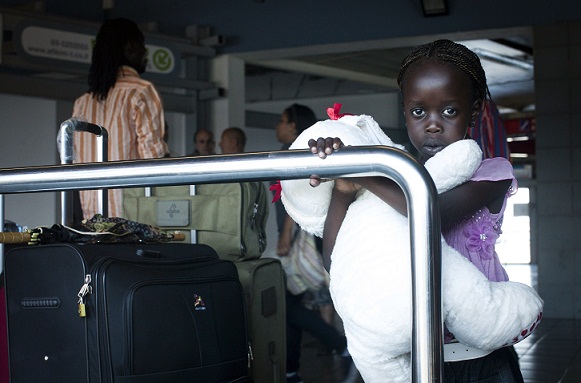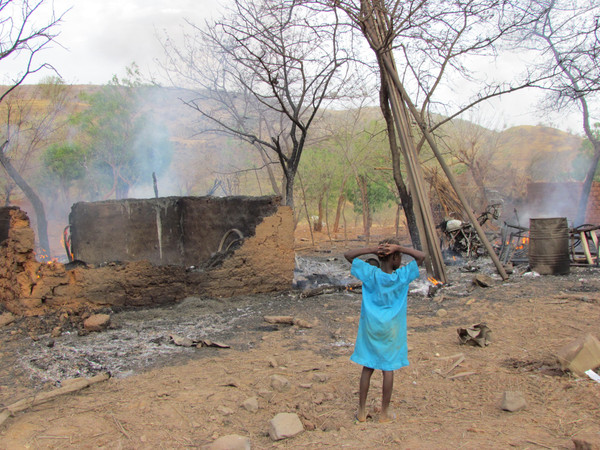
Earlier this month, an Israeli court paved the way for Israeli authorities to deport over 1,500 South Sudanese migrants back to South Sudan, where they face an uncertain future, and may face threats to physical security depending where they end up.
One might get the sense that Sudanese are unwelcome in Israel.
“The Sudanese are a cancer in our body,” said Miri Regev, member of the Knesset during a public demonstration in Tel Aviv, which saw African passersby attacked.
Today is World Refugee Day—a day marked to remind the world of the tens of millions who face uncertainty, threats to physical security, and persecution by repressive governments.
This reprehensible law imposes prison time of 5 to 7 years on asylum seekers who enter Israel irregularly.
The Knesset recently passed the onerous amendment to the “Prevention of Infiltration” law, which—in contravention of international law and the Refugee conventions—criminalizes asylum seekers who enter or reside in Israel “irregularly” (who enter or are present in a country without documents). This reprehensible law imposes prison time of 5 to 7 years on asylum seekers who enter Israel irregularly.
“Regularity” for people fleeing from persecution is surely a luxury.

What is more, Israeli authorities’ denial of determination for asylum seekers, and the amended Infiltration law itself, flies in the face of 60 years of refugee and asylum law and practice. Under the 1951 Refugee Convention and the 1967 Protocol, states are not permitted to impose penalties on refugees for simply entering a country or being present illegally.
Additionally, any discrimination against asylum seekers based on their country of origin or religion is a clear violation of one of the key tenants of the refugee regime—non-discrimination. Simply put, an asylum seeker, regardless of where they are from, whatever their religion, and whatever their race, must have access to asylum, and a clear and non-discriminatory process for refugee determination.
The passage of the Infiltration amendment and the recent explosion of violently xenophobic rhetoric such as ‘Sudanese being a cancer’ seem difficult to decouple, in my mind.
World Refugee Day also commemorates the passage of the 1951 Refugee Convention setting out the rights of and responsibility toward refugees. The convention itself was borne from challenge of dealing with the millions of refugees displaced by Nazi aggression and persecution, and the devastating displacement caused by the war in Europe.
The Israeli parliament must immediately repeal the “Infiltration” bill, which is wholly incompatible with international law, and must grant clear and non-discriminatory determination access to the tens of thousands of asylum seekers in Israel.
The failure to grant due process and the criminalization of asylum seekers in Israeli is not in keeping with decades of global efforts to protect the persecuted and displaced. And it is a blemish on today’s anniversary.
